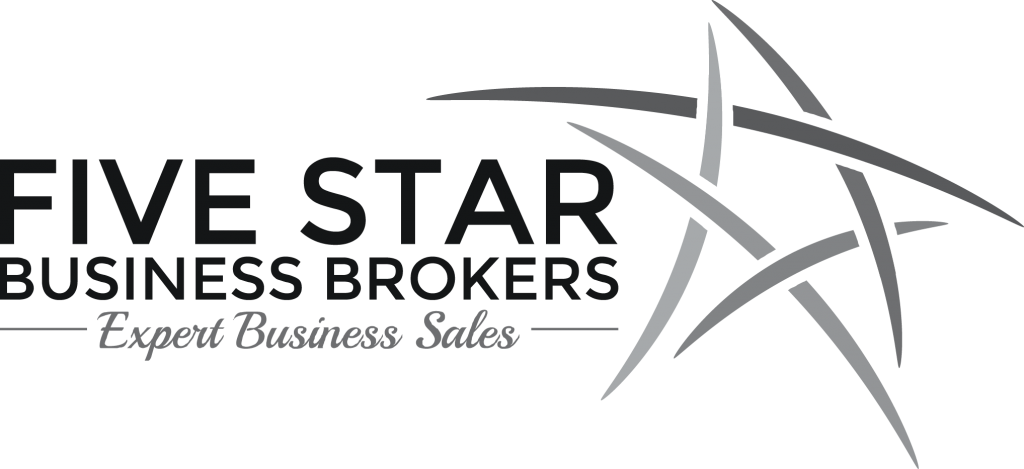Liquor Store Sales
Liquor stores in South Florida are viewed by many buyers as stable and sound investments. The consumption of alcohol rarely goes out of style, and there are significant barriers of entry to new competitors by virtue of the high cost to open a liquor store and the difficulty in procuring the necessary liquor license. The liquor store sales process is unique in that one must value the goodwill and inventory separately in order to determine the best asking price.
Valuing the Goodwill of Liquor Stores in South Florida
The goodwill of a liquor store may be defined as the value above and beyond its net tangible value (or equipment, cash, and inventory). Goodwill for a liquor store is primarily its brand name, repeat customers, location, leasehold rights, and liquor license. results in future profit. The historical profit (or adjusted owner benefit) of a liquor store must first be determined in order to value the goodwill properly.
Determine Adjusted Owner Benefit of the Liquor Store
- The adjusted owner benefit of a liquor store is the true economic profits derived by the owner.
- It can be somewhat tricky to calculate the adjusted owner benefit, as there are often hidden assets that are not typically counted as profits.
- Such hidden assets include the owner’s personal expenses paid for by the business, unrecorded sales, non-cash charges such as depreciation, non-recurring charges (such as legal expenses), and the owner’s salary.
- Additionally, if the owner has family members working in the liquor store, their payroll must be scrutinized and adjusted for their fair market value.
- It is useful to look at the previous two or three years of the store’s tax returns or profit and loss statements when determining the historical owner benefit.
- Hopefully the trajectory of sales and profits will be on the upswing which will help the valuation.
- Liquor stores generally receive a high valuation multiple of owner benefit because of its steady and predictable sales and profits.
- Buyers sometimes pay as much as four times the adjusted owner benefit for the goodwill of the business (not including inventory).
Liquor License Major Component of Goodwill
Liquor stores typically have a 3PS beer, wine, and liquor package sale license. This means that consumption on premises is not allowed, and the liquor store may freely sell alcohol products to its customers. Buyers of liquor stores will transfer the current 3PS license to their own corporation, and must also pass fingerprint and background checks in order to be the new license holder. The 3ps liquor license holder may sell foodstuffs in their store. It can be extremely costly and lengthy to open a new liquor store and procure a 3PS license. Limitations may in fact prohibit new 3PS licenses from being issued in certain Florida jurisdictions. For these reasons, a 3PS liquor license is a very valuable asset, and will enhance the valuation of the store.
Location and Lease Critical to Liquor Store Valuation
Every liquor store buyer will closely examine the lease of the liquor store (assuming the seller does not own the real estate) along with the location of the store. A long lease of at least five years with renewal options will give the buyer comfort and security that they will not be forced to relocate. A buyer will also want a landlord that will improve the external appearance of the store and make necessary internal improvements such as HVAC repair or replacement. As with the sale of restaurants, location is also absolutely critical to a liquor store’s valuation. A liquor store located along a major thoroughfare with good visibility and signage, while surrounded by high density residential neighborhoods will get a premium valuation.
Liquor Store’s Inventory Sold Separately
- A liquor store’s inventory – as opposed to its equipment or leasehold improvements – is characterized as items that can be sold to the public.
- The inventory’s valuation is its cost to the seller.
- Buyers will closely examine the inventory to determine how quickly the inventory can in fact be sold to the public.
- Many inventory items may be unsaleable for a variety of reasons due to its age, condition, or quality.
- Most importantly, liquor store inventory should be sold separately from the actual business itself.
- This makes the business valuation much simpler and cleaner from a buyer’s perspective in that it allows the buyer to value the intangible assets of the business (or goodwill) without interference from the inventory.
- Liquor stores require high working capital (with inventory being the main component) and any liquor store buyer must be educated and informed ahead of time about this issue by a professional business broker.
Beware of Tax Implications of Selling Inventory Separately
Buyers and sellers of liquor stores must pay careful attention to the tax consequences of separately selling inventory. Unless the buyer has a valid tax certificate at the time of sale, the sale of the inventory may be subject to state sales tax. Additionally, the sale of inventory may be treated as ordinary income rather than a capital gain on a sold asset. The ordinary income tax rate is much higher than capital gain income tax rate, so buyers and sellers should consult with their attorney and accountant in order to best avoid unnecessary taxes.
Only trust the sale of your liquor store to an experienced and professional business broker that will maximize your purchase price.
Give Martin at Five Star Business Brokers of Palm Beach County a call today for a FREE evaluation of your business.
